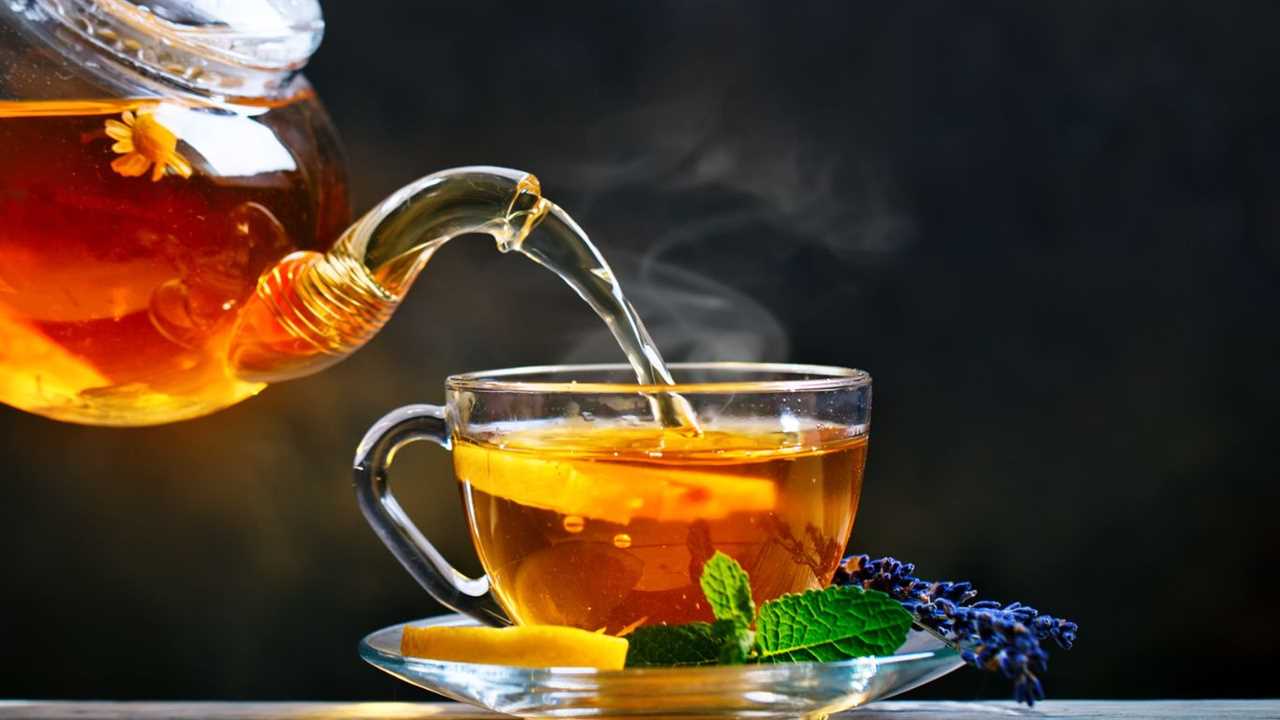
Herbal teas (or tisanes) have been around for almost as long as humans have. They are a great way to get all the health benefits of herbs, spices and plants in a form that is easy to consume.
This herbal tea blend is perfect for afternoon sluggishness or anytime you want to boost your brain. It is caffeine-free and very soothing.
Herbs used
Herbal tea is made from a blend of natural ingredients including seeds, barks, grasses, herbs and flowers. Some of these herbs have powerful curative properties and are often used to treat a wide range of ailments from digestive issues to promoting relaxation.
Most herbal teas are made by pouring hot (but not boiling) water over fresh or dried herbs and steeping them for a few minutes. The herb or plant's aromatic oils release into the liquid which is then strained out and consumed. These teas usually contain no caffeine which makes them a good choice for kids and pregnant women.
Peppermint has a soothing, minty taste and can ease indigestion, stomach cramps and nausea. Chamomile's delicate, apple-like flavor is a popular sleep aid and it is also known for its anti-inflammatory properties. Fennel, which tastes like licorice, helps to promote digestion and is a great addition to any herbal tea blend. Most of these plants are perennials which means they come back year after year and require little maintenance to continue producing.
Caffeine content
Many herbal teas do not contain any caffeine at all, so they are naturally safe for children and pregnant women. However, there are some that do and it's important to read labels and check ingredients when purchasing. Caffeine levels vary depending on the manufacturer and growing variations, brewing conditions and steeping times.
Unlike true teas, which are brewed from Camellia sinensis leaves, herbal teas (also known as tisanes) are made from herbs, spices, flowers, fruits, seeds and roots. These plants are rich in antioxidants, which may help reduce the risk of cancer, heart disease and clogged arteries.
There are some herbal infusions, such as yerba mate and guarana, that do contain caffeine. This is because they are not from the Camellia sinensis plant. These teas should be avoided by those who are sensitive to caffeine. Caffeine is a psychostimulant and can lead to jitters, headaches, stomach upset and insomnia. It also affects blood pressure and heart rate.
Precautions
Generally, herbal teas, or tisanes, are caffeine free. They are infusions of fruits, seeds, roots, flowers or bark of any non-Camellia sinensis plant in hot water and have been used as natural home remedies for hundreds and thousands of years.
While most herbal teas are safe for most people, some may have adverse effects in certain cases. For example, sage can interfere with the absorption of iron and lead to dehydration, while ginko can thin the blood. Some herbs may also cause allergic reactions in some individuals.
Additionally, if you are taking any medications you should avoid herbal teas containing these ingredients. According to the Cleveland Clinic, ingesting too much green tea extract can damage your liver, requiring a liver transplant or even death. In addition, drinking tea before or after meals can interfere with the absorption of nutrients. If you are pregnant, always talk to your doctor before drinking herbal teas. They can contain chemicals that may be harmful to the baby.
Recipes
Many of the herbs used in herbal tea have a long history of use as health remedies. For example, ginger root tea is a digestive aid; chamomile tea can ease anxiety and help you sleep; and fennel tea can have a mild laxative effect on the stomach. These herbal tisanes are also known for their antioxidant properties.
Most herbal tea blends are created with a specific intention in mind, like soothing stress or anxiety, boosting the immune system, or just providing a caffeine-free alternative to black or green tea. They can be made from a variety of herbs and spices, including chamomile, peppermint, lavender, sassafras roots, fennel seeds, and ashwagandha leaf (an Ayurvedic herb).
In addition to the lead herbs, a tea blend usually includes supporting herbs that add flavor and enhance the effects of the other ingredients. For example, lemon balm, skullcap, and marshmallow root support the other herbs in a tea blend by acting as anti-inflammatories and helping to calm stress and anxiety.
Frequently Asked Questions
Which plant can heal wounds?
Plants are amazing creatures. They grow, they live, and they die. They make food, clean our air and water, and help keep us healthy. But plants also do more than that...they heal wounds.
Plants release molecules called phytochemicals when they are injured. These chemicals act as antioxidants, which protect cell membranes from damage and promote healing.
Phytochemicals found in plants include flavones (found in citrus fruits), terpenoids (present in mint leaves), and polyphenols (common in berries).
In addition to these protective compounds, plants contain proteins, vitamins, minerals, amino acids, fatty acids, and carbohydrates that support the body's natural processes of healing.
The best way to use plants to heal wounds is to consume them directly. However, there are ways to apply the power of plants to treat wounds without eating them.
First, soak a cotton ball in an extract from the St John's Wort herb. This product contains salicylic acid, which helps reduce inflammation.
Next, place the soaked cotton ball on the wound. Avoid applying the herb directly to open cuts, burns, or puncture wounds. If you feel any burning sensation, remove the herb immediately.
You may also find that placing a few drops of essential oil on the affected area promotes faster healing. Lavender essential oil reduces swelling and speed recovery; rosemary stimulates blood flow and increases circulation; peppermint relieves headaches and muscle aches.
If you want to try your hand at growing some of your medicinal herbs, here are some tips:
- Start with small pots, so you don't end up with too much of one particular type of plant.
- Grow several different types of herbs together. The same goes for flowers and vegetables. Mixing it up will ensure you get all the benefits of each plant.
- Use organic fertilizer if you're growing your herbs indoors. Non-organic fertilizers may be harmful to your health.
- Harvest regularly. You'll enjoy the freshness of homegrown herbs, but leave enough time between harvests to allow the soil to replenish itself.
- Be careful not to overwater your plants. Overly wet soil encourages mold growth, which isn't suitable for your herbs.
- Wash your hands after handling your herbs. You don't want to risk spreading bacteria onto your plants!
Which herbs are healing herbs?
If you look for healing herbs, you won’t find them in the supermarket. There isn’t any place to buy them. There is no store selling them.
You haven’t been able to find healing herbs because they aren’t sold anywhere. They are grown right here in our backyard.
Healing herbs are plants that grow naturally in North America. Like many common household items, these herbs grow throughout the United States and Canada.
These herbs treat minor ailments such as colds, flu, sore throats, coughs, and headaches. Many of these herbs have been used for centuries to help heal wounds and promote overall health.
Of course, when we say “heal,” we mean more than simply treating an illness. We also refer to the ability of these herbs to restore balance and harmony within ourselves and the world around us.
For example, the chamomile herb helps relieve stress. This means that if you feel stressed out, you may benefit from taking chamomile tea. Chamomile tea has been shown to reduce anxiety and nervous tension.
In addition, chamomile tea has been proven effective in relieving insomnia.
Chamomile tea has many other benefits, including its ability to ease stomach aches and gas pains and even improve digestion.
Another popular healing herb is Echinacea. Echinacea is known for helping to fight infections and boosting the immune system.
Echinacea is commonly taken internally and externally to fight infection, prevent viral diseases, and boost immunity. It is safe to use during pregnancy and lactation.
Echinacea also helps reduce muscle pain and inflammation. You can take echinacea orally or topically (as an ointment).
This herb is available in both liquid and capsule form. Liquid echinacea is often mixed with honey and lemon juice. The mixture is then strained and consumed.
Capsules are usually made of freeze-dried plant material. They contain standardized amounts of active ingredients. To use capsules, swallow one or two a day.
The third type of herbal remedy is called tincture. Tinctures are alcoholic extracts of herbs. They are typically used to treat internal problems. Tinctures are generally diluted before being ingested.
Tinctures can be taken orally or applied topically. For oral consumption, dilute tinctures with water. Some people prefer to mix tinctures with food.
Tinctures are easy to prepare. Put about one tablespoon of dried herb into a bottle containing enough alcohol to cover the herb completely. Allow the mixture to sit for several weeks. Then strain and consume.
You may want to try some of these natural remedies to see which ones work best.
What herbs should you take daily?
Depending on your health and wellness needs, many herbs can be taken daily to help improve your overall health.
Popular herbs for daily consumption include ashwagandha, turmeric, ginger, holy basil, chamomile, lavender, peppermint, and cayenne pepper. Ashwagandha is an adaptogenic herb that can help the body resist stress and anxiety. Turmeric is known for its anti-inflammatory properties, while ginger has been shown to aid digestion and boost immunity. Holy basil may help with managing blood sugar levels, as well as providing a calming effect. Chamomile can promote relaxation, while lavender is used in aromatherapy for its calming properties. Peppermint can help aid digestion and reduce nausea, while cayenne pepper has antibacterial properties that may boost your immunity.
As always, you must consult your doctor before taking herbs daily to ensure they are safe for you and do not interact with any other medications or herbs you may be taking.
There is no shortage of information on what foods we should eat and how much exercise we should do. But when it comes to what supplements we should take, there is a dearth of knowledge.
This is because most of us aren’t sure which ones work or which are junk. So we go online and look up whatever we can find.
But often, these articles are written by companies trying to promote their products. Which means they're usually biased toward their product.
So instead of finding unbiased advice, we end up reading marketing hype.
This makes sense since marketers make more money selling stuff than doctors.
The medical industry isn’t even allowed to advertise directly to consumers anymore. The best way to learn about natural remedies is to read independent reviews.
This is where you'll find real users sharing their experiences with each supplement. These sites give you an honest opinion of whether or not a particular herb helps.
Users will often share their experience with a supplement after taking it. This gives you a good idea of its effectiveness and any side effects.
You can also check out forums dedicated to herbalism. Here you can ask questions and receive answers based on personal experience.
Of course, there are plenty of other ways to learn about herbs.
There are books, websites, blogs, videos, podcasts, and classes. All of them provide valuable information about natural remedies.
What is the difference between herbs and spices?
Herbs are used for cooking, and spices are used for seasoning.
Herbs have more intense flavors and can be used to cook dishes, while spices can bring out the flavor of foods without altering the taste.
Spices can also be added to food during preparation, such as curry. Spices may be bought individually, or whole packages may be purchased. There are many spices, including black pepper, cayenne pepper, cinnamon, cloves, coriander, garlic, ginger, nutmeg, oregano, paprika, parsley, rosemary, sage, salt, thyme, turmeric, vanilla extract, etc.
The best way to ensure that you are selecting the right spice for your dish is to read the label carefully. If there is an ingredient list, look for "spice" among the ingredients. A common mistake cooks make is buying too much of a particular spice because they do not realize how little they need.
There are a few basic rules to follow when choosing which herb or spice to use. For example, most herbs are fresh, whereas spices tend to last longer. Also, herbs are generally found in small quantities, while spices come in larger containers. Finally, most herbs are usually sold loose (or ground), while spices are packaged in jars or cans.
As long as you are careful to select the correct herbs or spices, you will find that adding them to recipes makes preparing meals easier. After all, spices add flavor to various dishes, while herbs can help improve the appearance and aroma of food.
Statistics
- Herbs are among the most popular and widely used medicinal remedies. According to a survey conducted by the National Institutes of Health, herbs were used by over 38% of adults in the United States.
- The herbs market is highly competitive, with over 1,000 herb suppliers and over 15,000 herbs products available in the United States alone.
External Links
[TAG54]
[TAG56]
[TAG58]
- Ashwagandha | Memorial Sloan Kettering Cancer Center
- Grape Seed | Memorial Sloan Kettering Cancer Center
[TAG61]
How To
How do I know if my herbs have been treated with pesticides?
If you see a pesticide label on your herbs, the plants were sprayed with chemicals before being sold to you.
These chemicals harm human health and could cause cancer or other serious illnesses.
Unfortunately, this practice has become common around the globe. Many countries allow farmers to spray their crops with pesticides without proper regulation.
In order not to harm themselves, consumers should always ask about the source of their produce. If it comes from a farmer near you, it’s safe to assume it was not treated with pesticides.
However, there are still ways to ensure that your herbs are free from harmful chemicals.
However, if you want to ensure that your herbs aren’t contaminated, you can purchase organic herbs directly from the farm.
This way, you won’t need to worry about the safety of your herbs. You can trust that they weren’t exposed to harmful chemicals.
Resources:
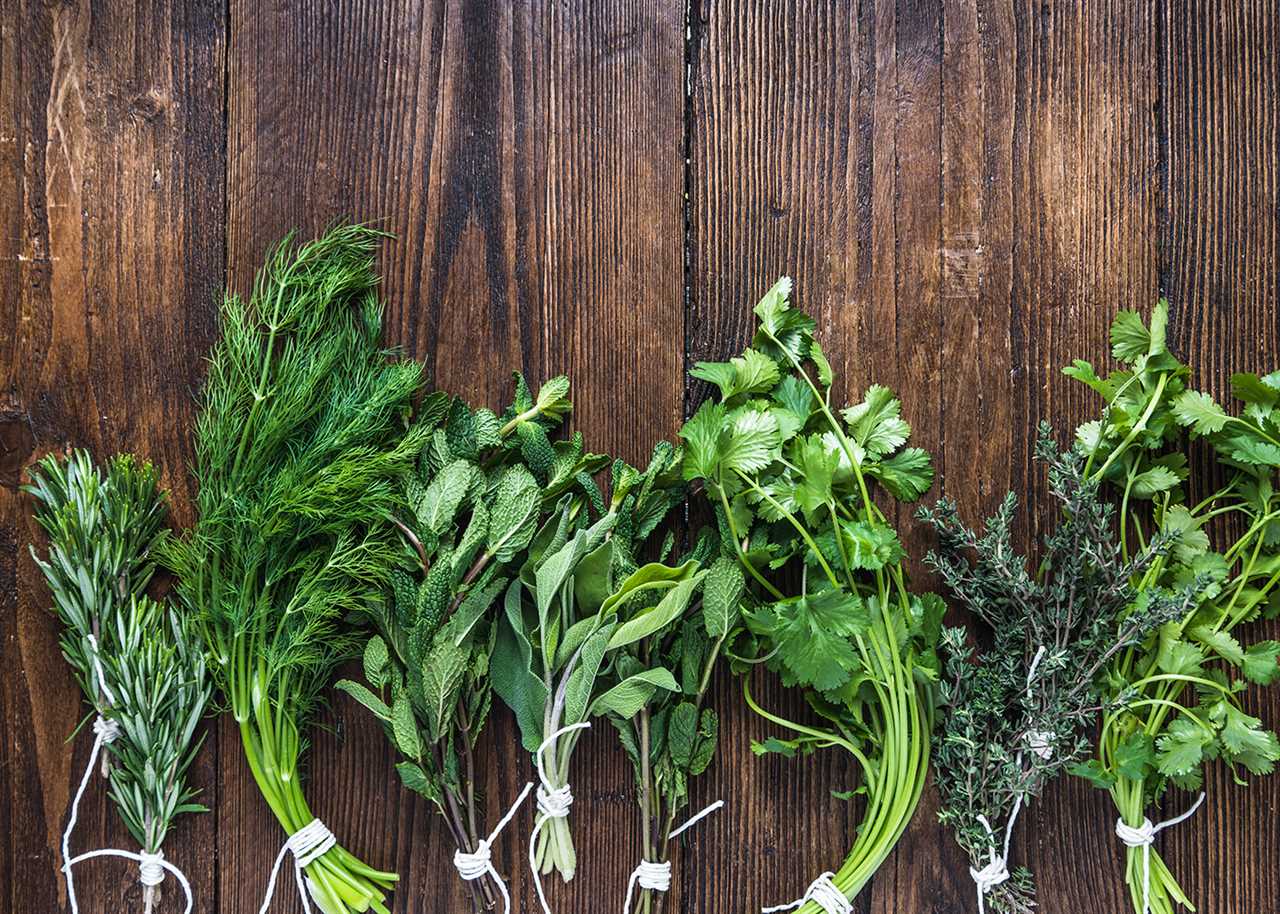 |
[TAG63]Welcome to BelovedSaffron.com, where we celebrate all the wonderful flavours of spices and herbs worldwide! We are not just chefs but food.. |
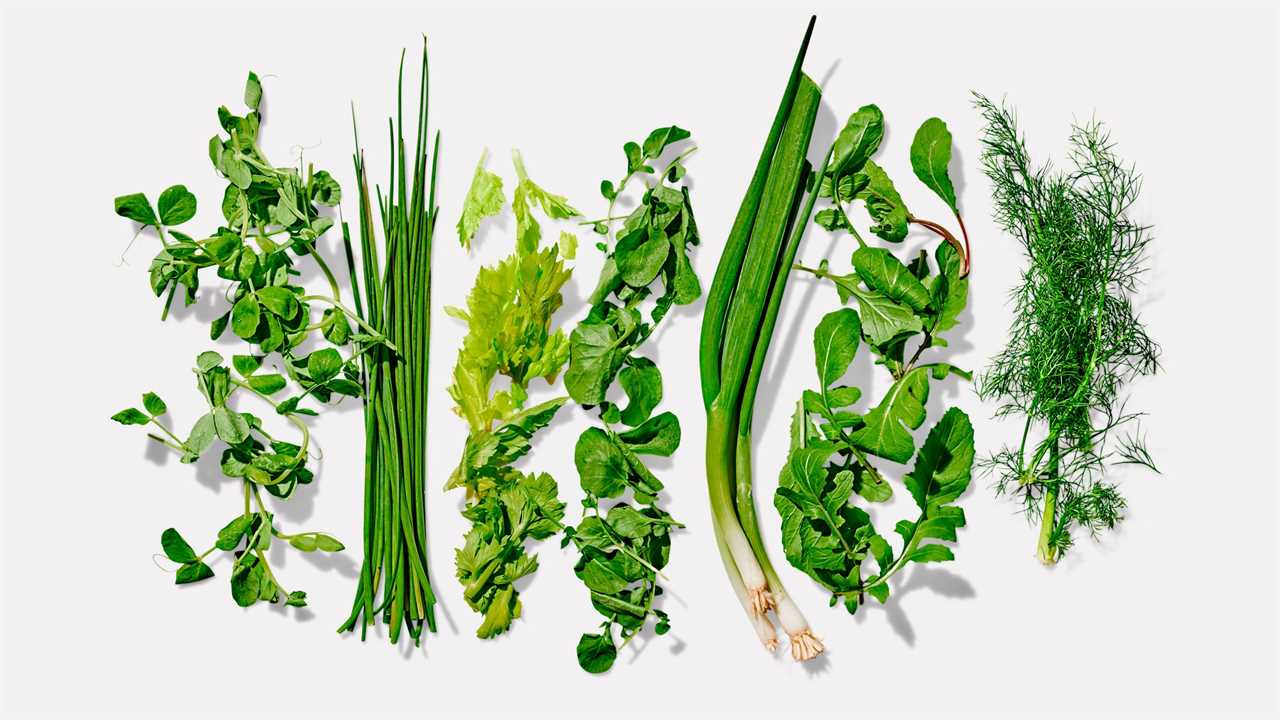 |
[TAG64]Discover the wonders of global cuisine at Belovedsaffron.com! Our mission is to bring you spices, herbs and organic food from all over the world,.. |
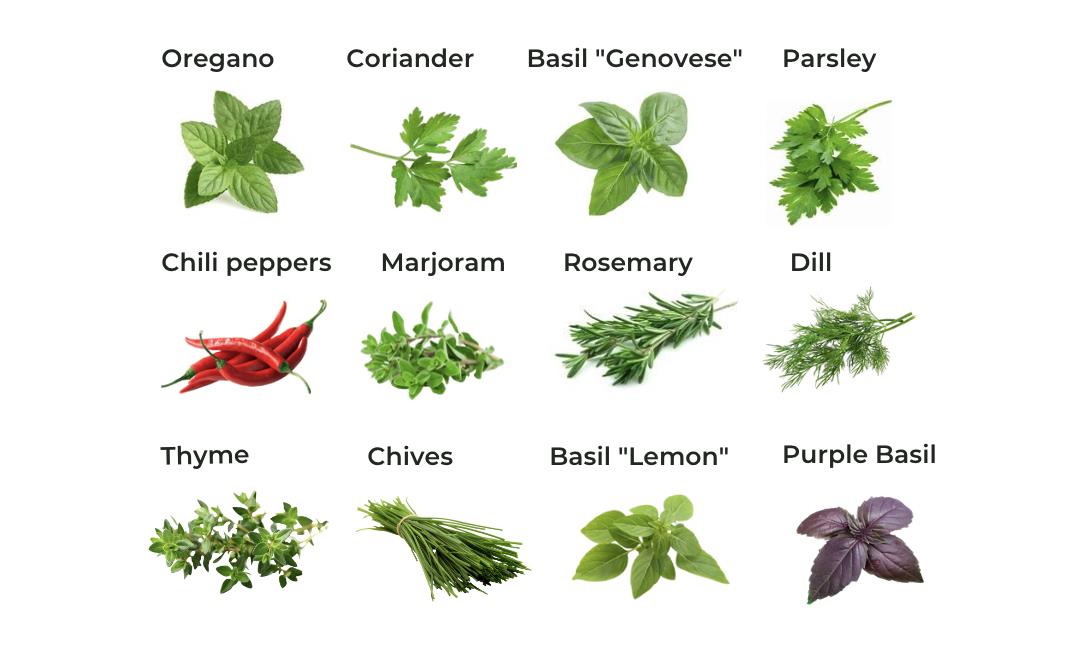 |
[TAG65]Farming of Smokable Organic Herbs Plant |How To Make A Herbal Smoking Blend| For more infromation visit our website https://farmingdiscovery.com/ 7 |
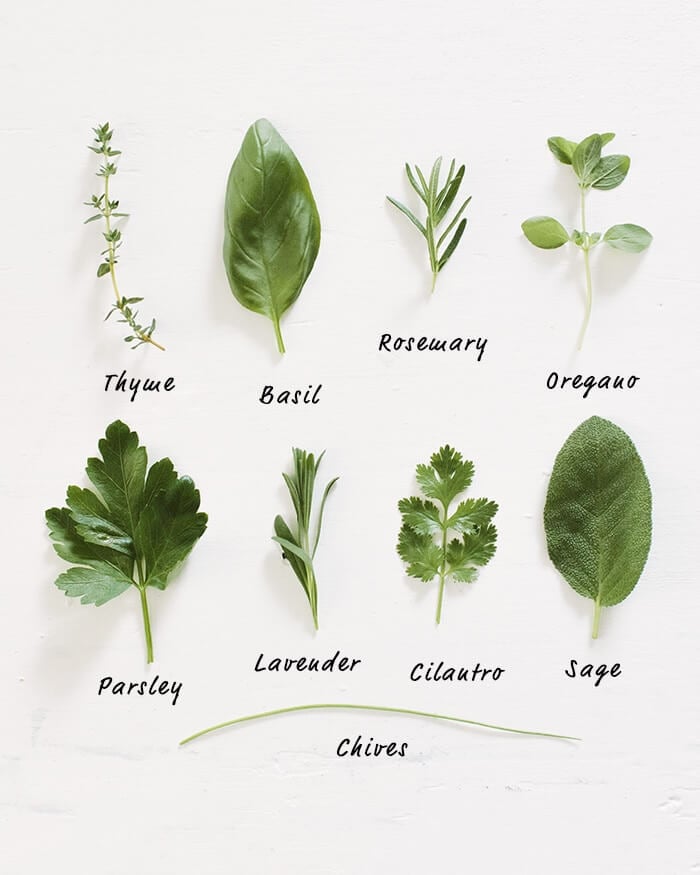 |
[TAG66]African herbs have been used for cleansing, perfuming, beautifying and healing for thousands of years. Today, they are an integral part of the global |
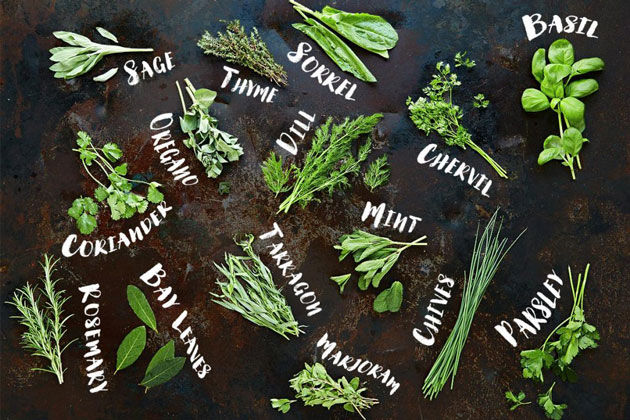 |
[TAG67]At Belovedsaffron.com, we combine our passion for spices, herbs and organic eating with a mission to deliver knowledge and flavors from around the.. |
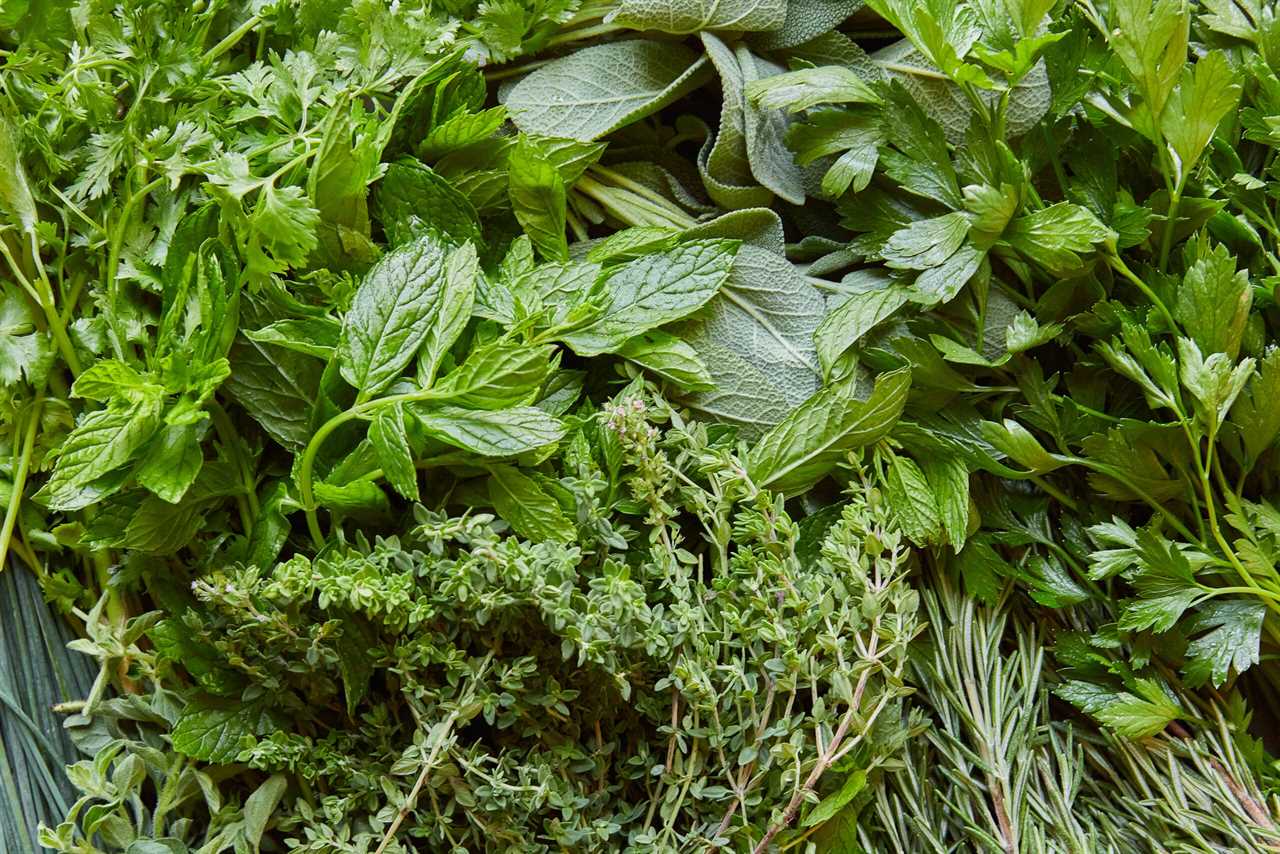 |
[TAG68]Welcome to Belovedsaffron.com, where we embrace everything related to spices, herbs, nutritious food, and organic eating! We are not professional.. |
 |
[TAG69]Red clover is a medicinal plant that has been used for thousands of years to treat various ailments. In this ... Read more |
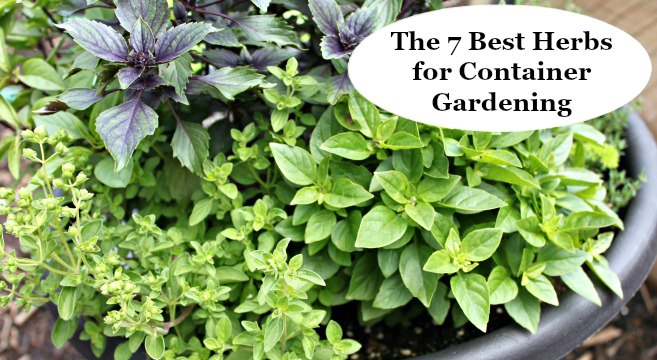 |
[TAG70]Eurycomanone is a major quassinoid compound found in Tongkat Ali (Eurycoma longifolia). It is often regarded as being responsible for ... Read more |
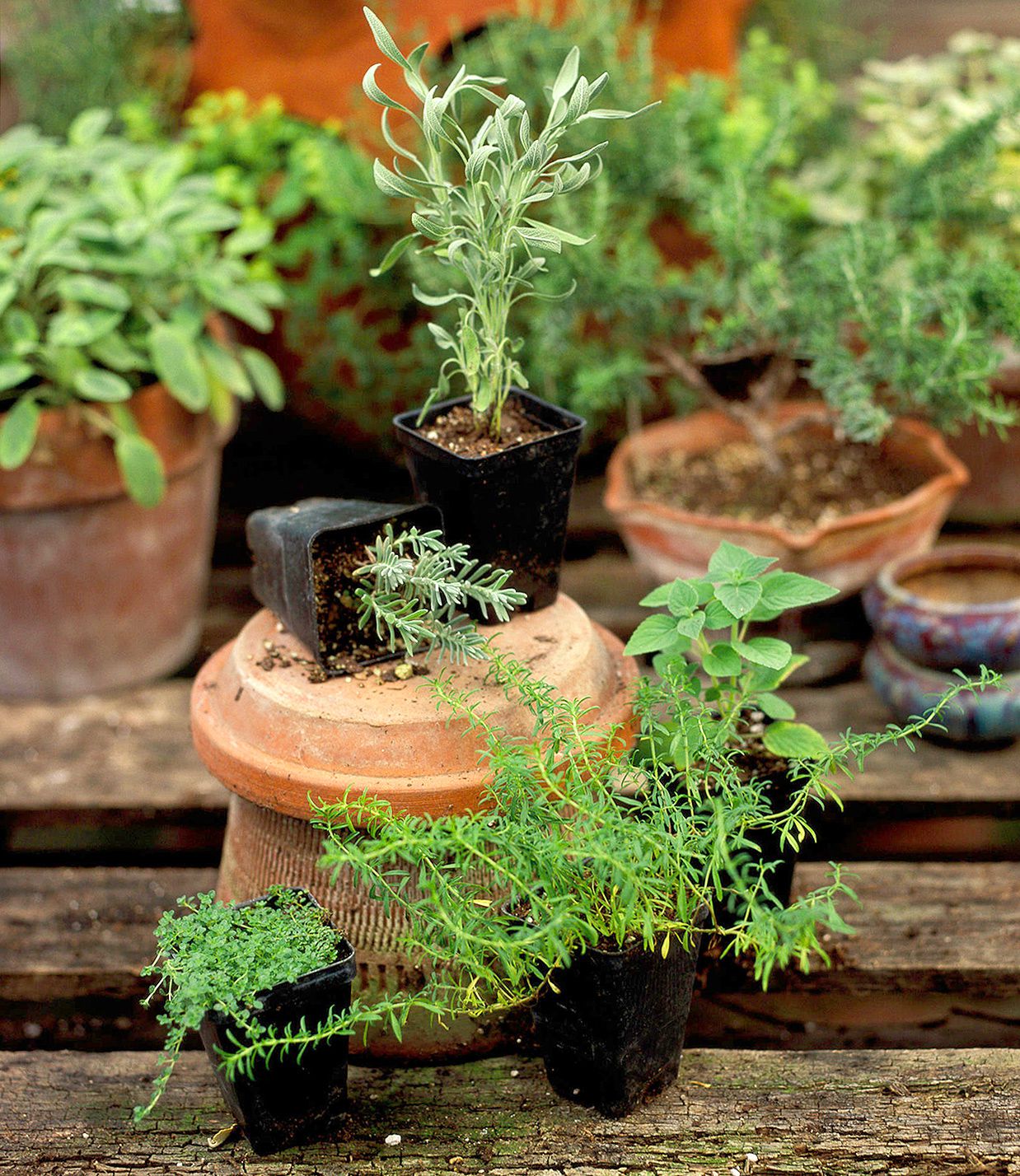 |
[TAG71]At Belovedsaffron.com, we combine our passion for spices, herbs and organic eating with a mission to deliver knowledge and flavors from around the.. |
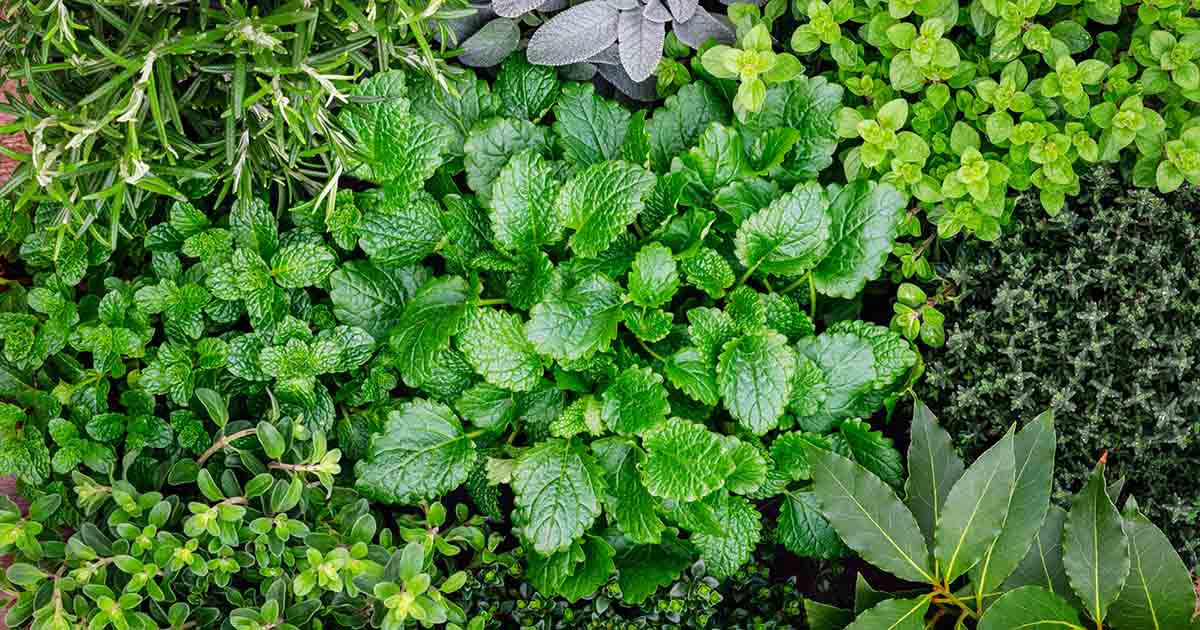 |
[TAG72]We understand that food has the power to connect us all, transcending cultures and distances. At Belovedsaffron.com, we are passionate about spices,.. |
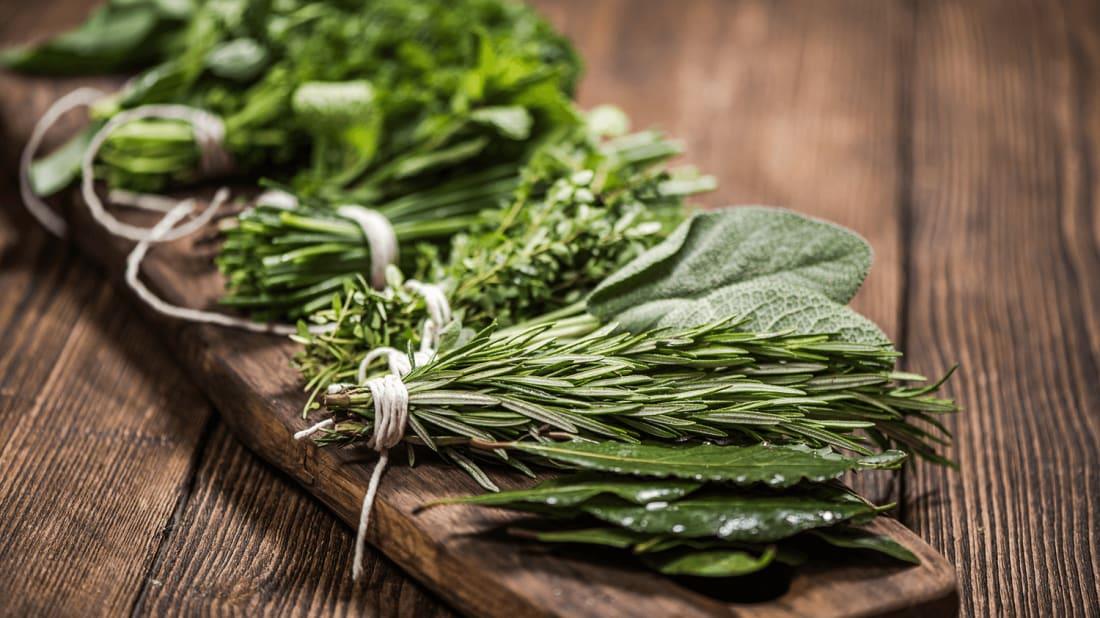 |
[TAG73]Learn herbs from respected professional herbalists offering world-class herbalist training. The NEW Professional Herbalist Course includes courses on over 600 |
 |
[TAG74]Genuinely embracing global flavours, BelovedSaffron.com invites food lovers and passionate chefs to explore a world of spices and herbs, organic food, |
 |
[TAG75]Traditional Spanish herbs are an excellent addition to roasted pork and ham dishes. They have a fresh, fragrant taste that adds a unique twist to the |
 |
[TAG76]Join me in this episode for a deep dive into linden tree medicine. I share my favorite recipe so you can enjoy the medicinal benefits of delicious linden tea. |
 |
[TAG77]00:00 - 03:15 Safed Musli 03:15 - 08:06 Emblica Officinalis 08:06 - 11:12 Licorice 11:12 - 14:41 Sarsaparilla 14:41 - 17:30 Fo Ti 17:30 - 19:21 |
 |
[TAG78]Welcome to Belovedsaffron.com, where we embrace everything related to spices, herbs, nutritious food, and organic eating! We are not professional.. |
 |
[TAG79]12 Easy To Grow Perennial Herbs #stylebyjoe #perennialherbs #easytogrowherbs #lavender #sorrel #rosemary #oregano #mint #baylaurel #chives #frenchtarragon |
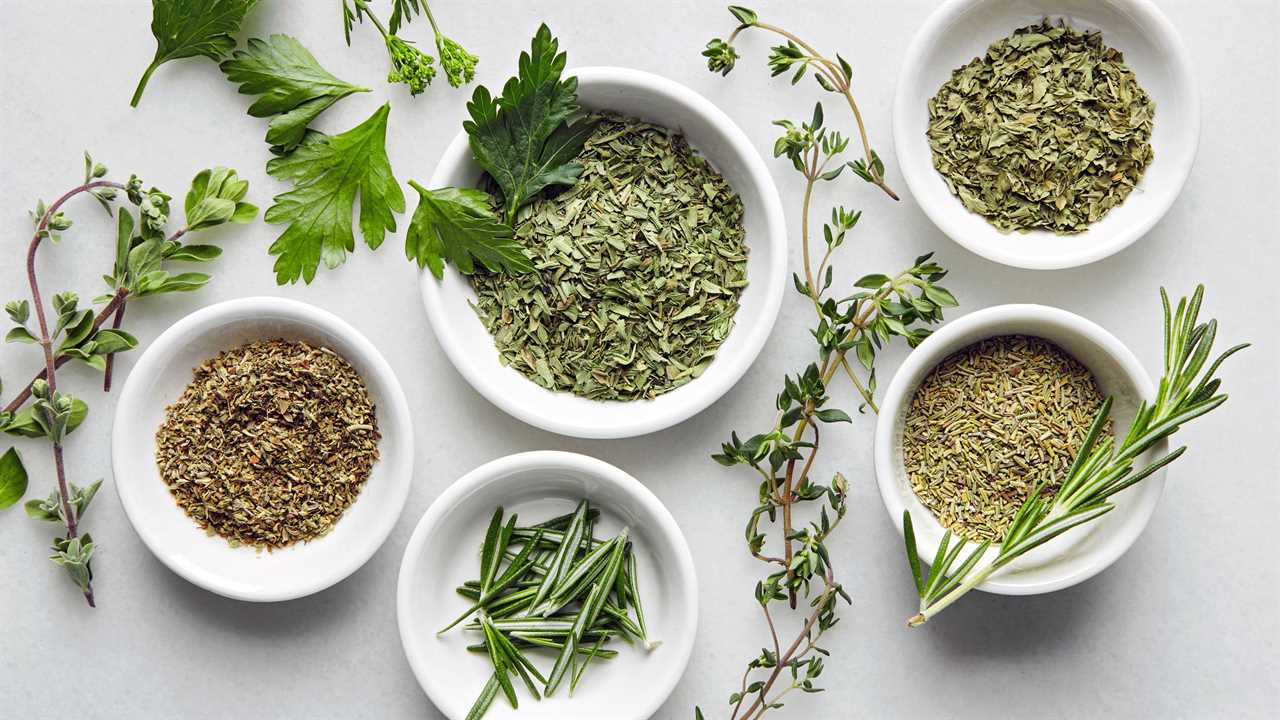 |
[TAG80]Discover how to dry herbs for cooking - simple and cheap! Watch this informative video and learn 3 efficient methods to dry herbs for cooking perfection. |
 |
[TAG81]Welcome to Belovedsaffron.com, where we embrace everything related to spices, herbs, nutritious food, and organic eating! We are not professional.. |
 |
[TAG82]At Belovedsaffron.com, we are passionate about spices, herbs, recipes and organic eating. It is our mission to bring awareness of flavors from around |
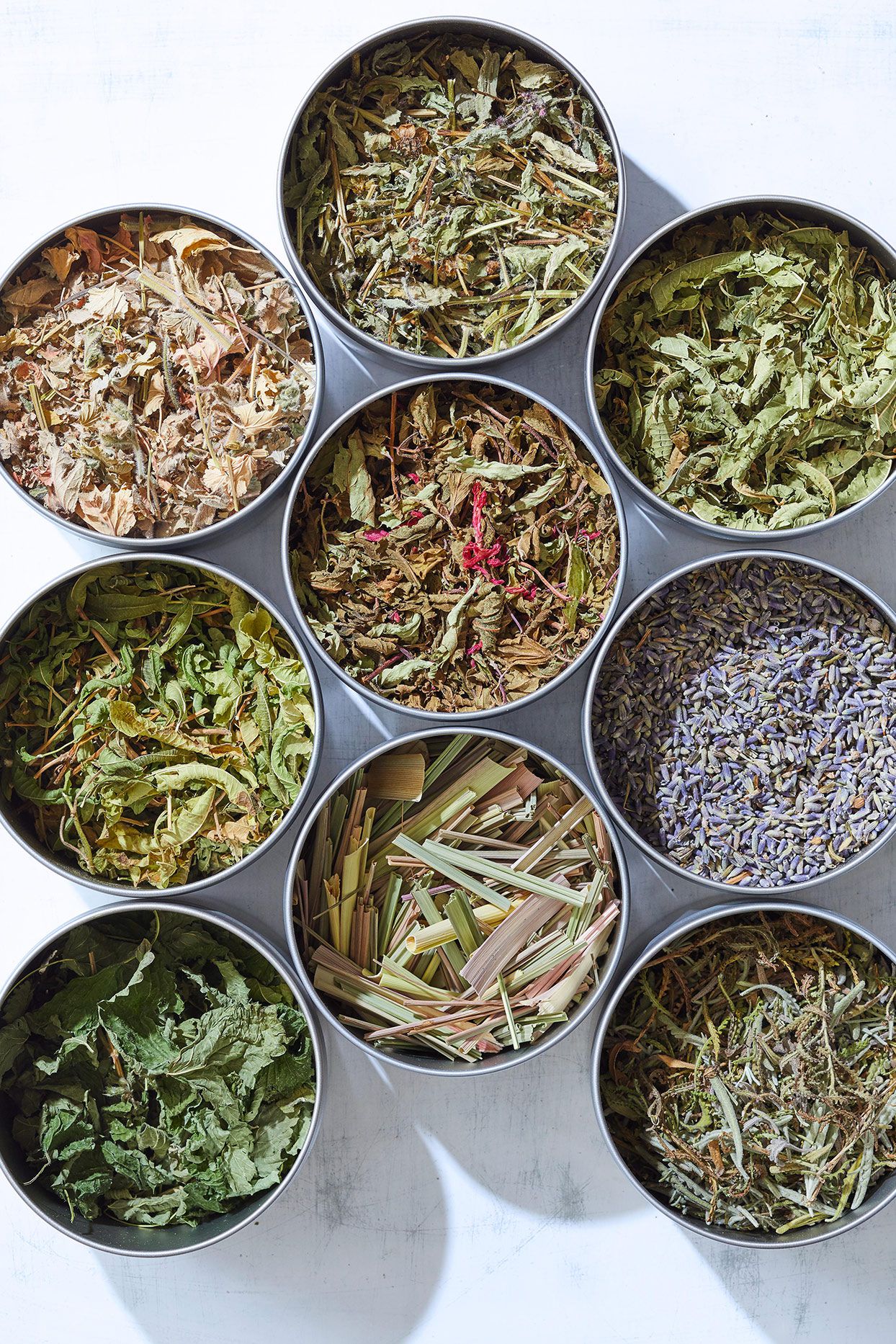 |
[TAG83]Welcome to Belovedsaffron.com, where we embrace everything related to spices, herbs, nutritious food, and organic eating! We are not professional.. |
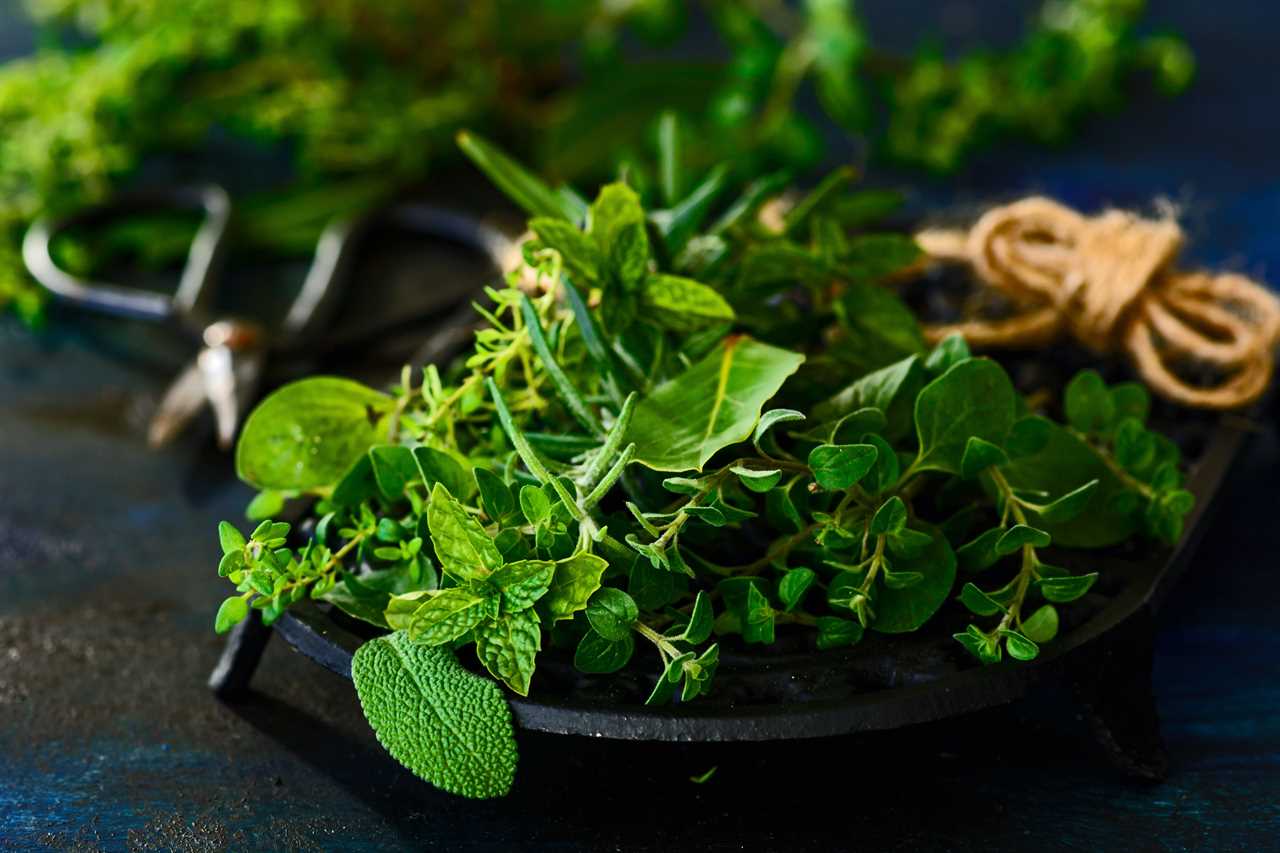 |
[TAG84]Find out more about herbs and how to use them |
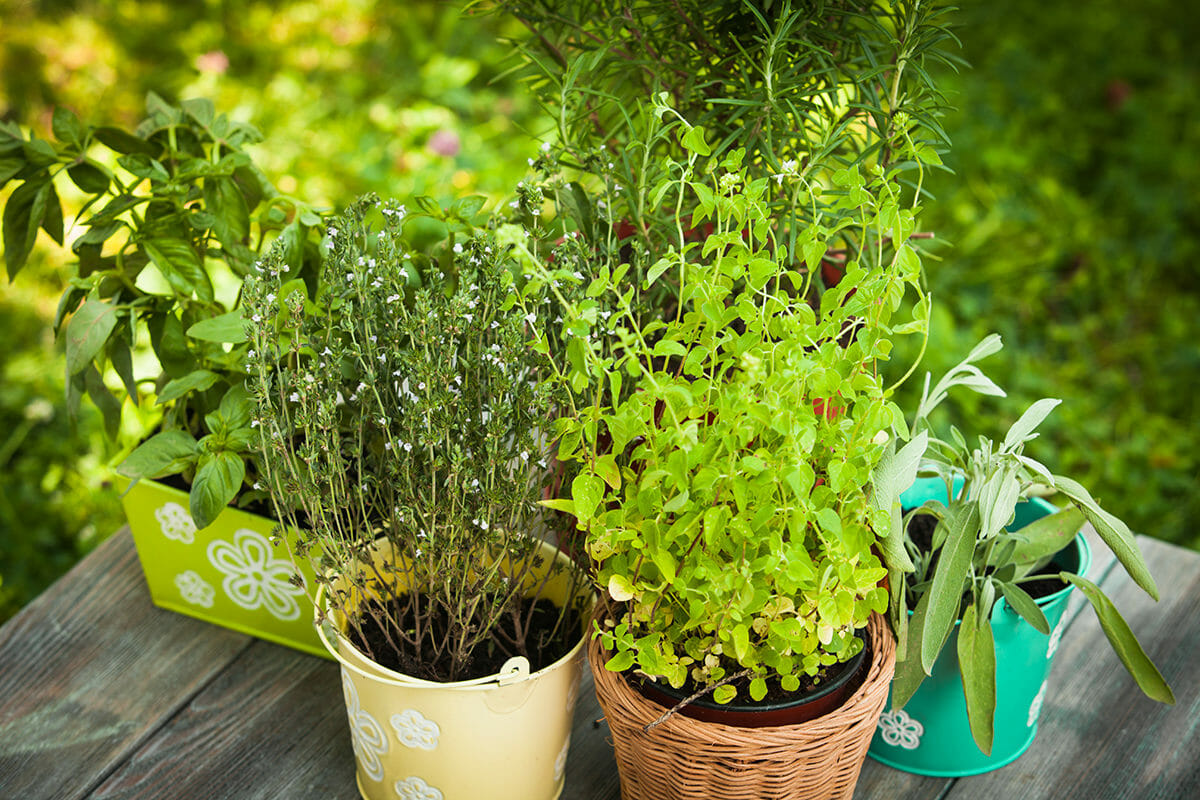 |
[TAG85]How To Detox/Cleanse (Dr. Sebi) In this video, I share information on how to detox (how to cleanse) and make herbal teas using Dr Sebi's |
 |
[TAG86]At Belovedsaffron.com, we're passionate about flavours, cultures and cooking wisdom from around the world. We seek to bring you closer to sustainable |
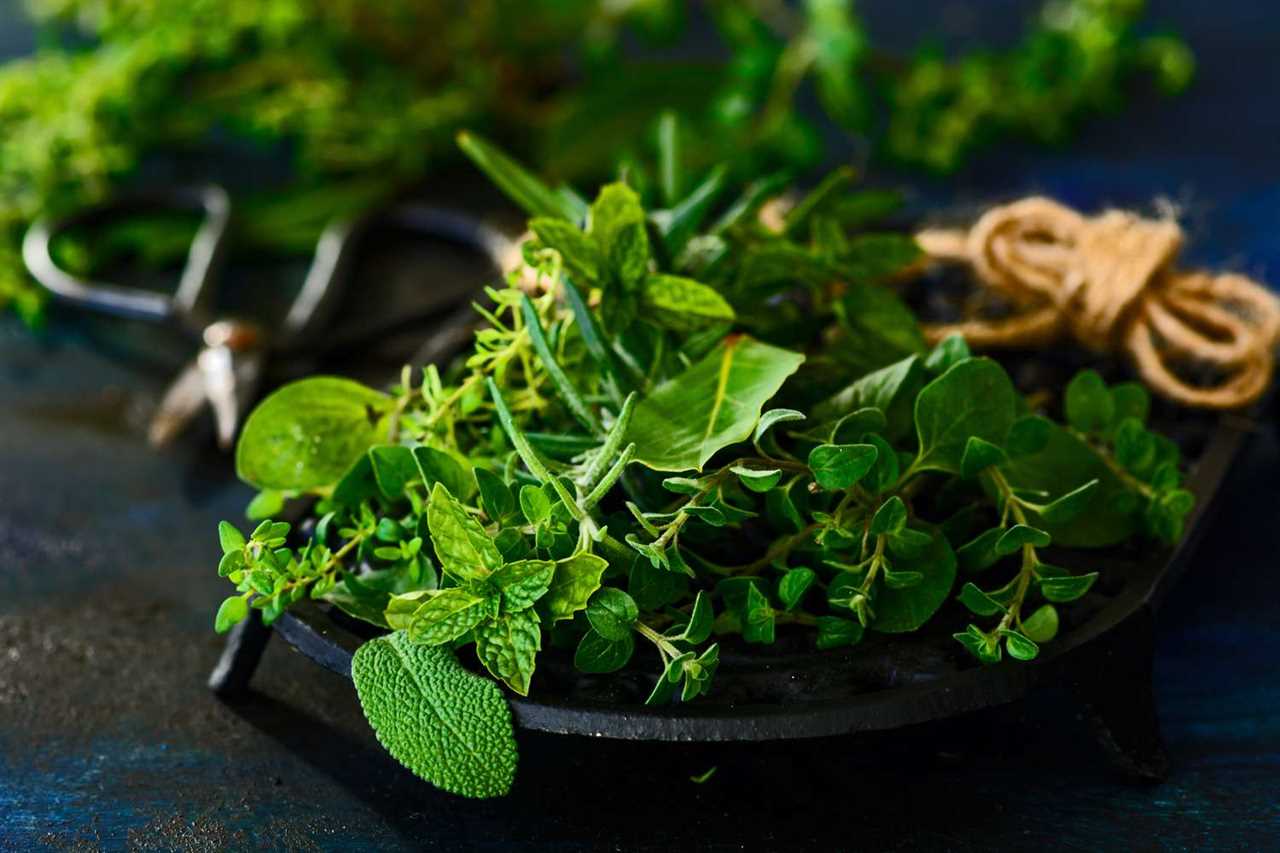 |
[TAG87]Elevating the everyday is our mission. At Belovedsaffron.com, we think the world deserves more than conventional cuisines — and more than take-out.. |
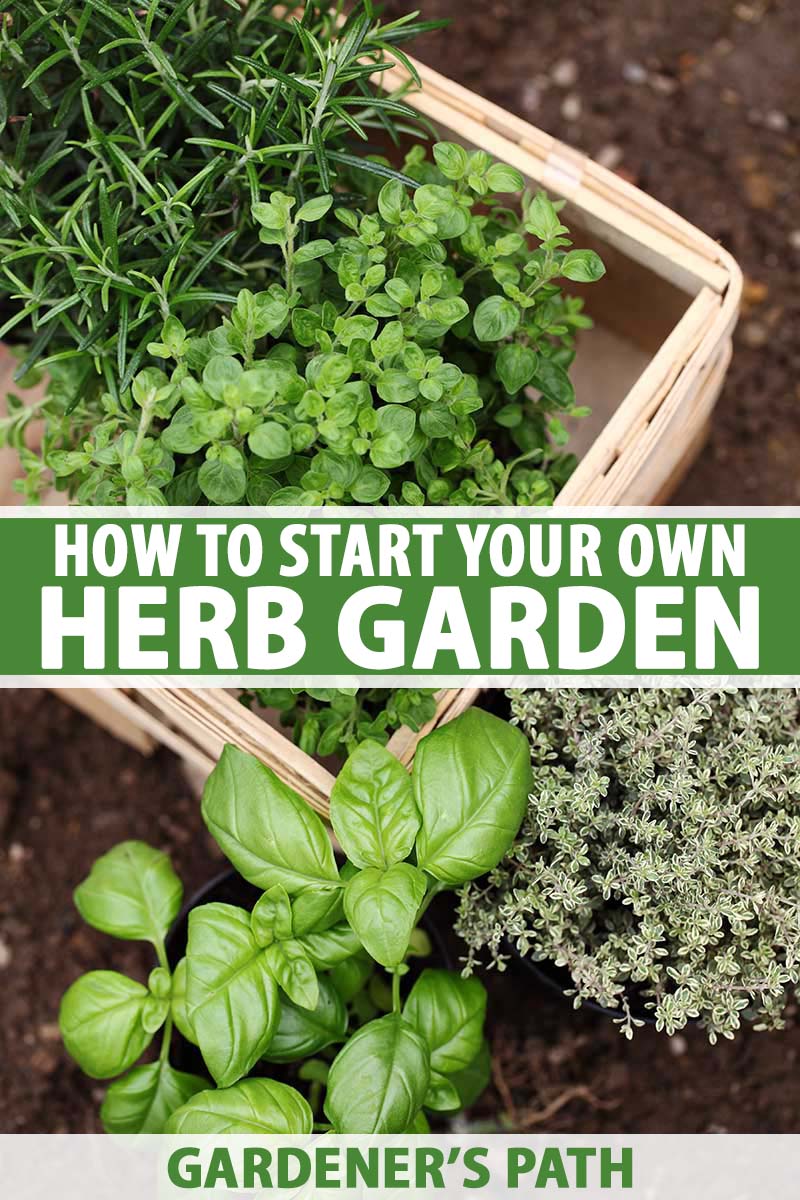 |
[TAG88]Today’s episode is all about holistic health. Macy Schuchart is an herbalist and the founder of Ancient Bliss supplement company, specializing in herbal |
 |
[TAG89]At Belovedsaffron.com, we believe that the key to good food and healthy eating is the proper use of spices, herbs, and other fresh ingredients. We.. |
 |
[TAG90]Genuinely embracing global flavours, BelovedSaffron.com invites food lovers and passionate chefs to explore a world of spices and herbs, organic food, |
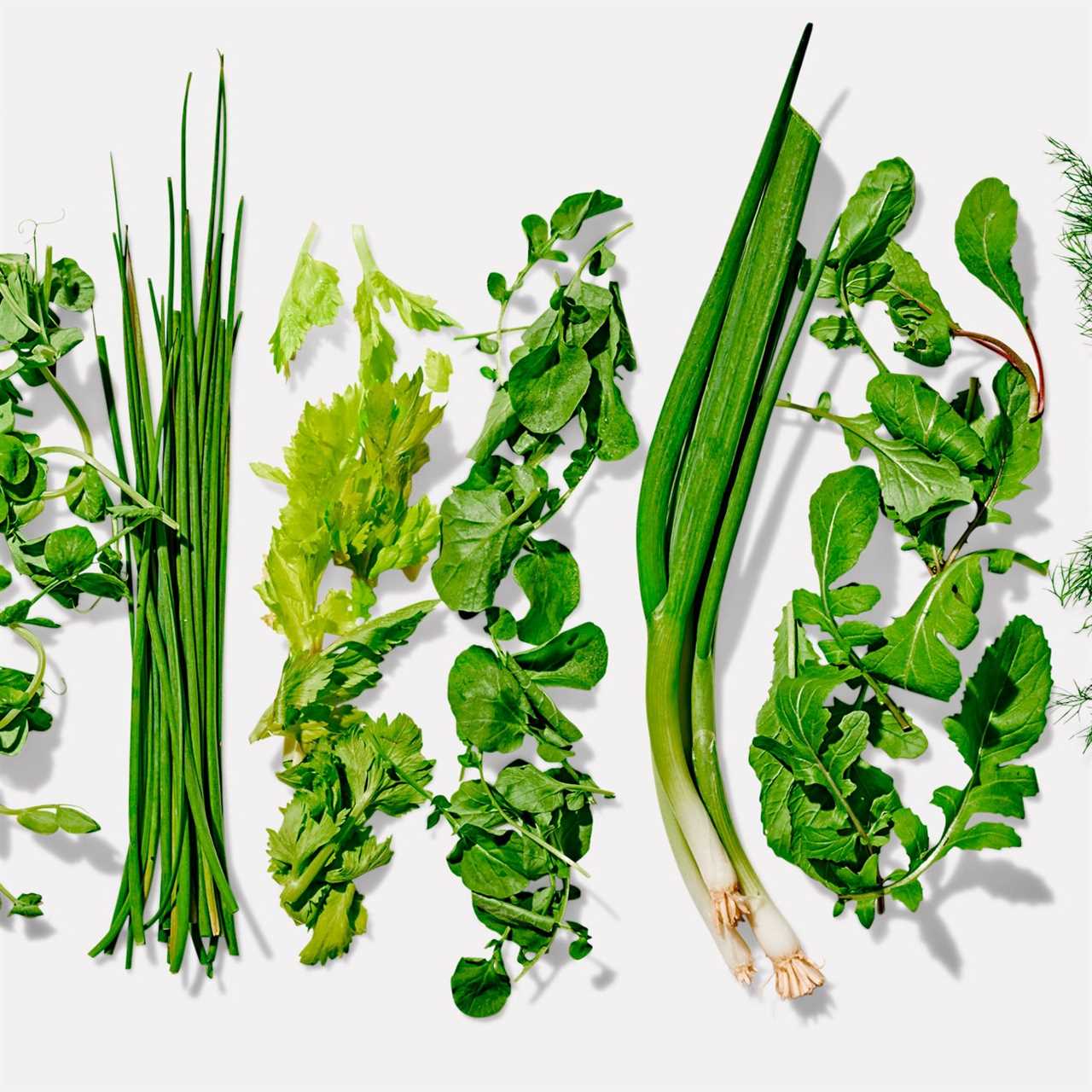 |
[TAG91]Elevating the everyday is our mission. At Belovedsaffron.com, we think the world deserves more than conventional cuisines — and more than take-out.. |
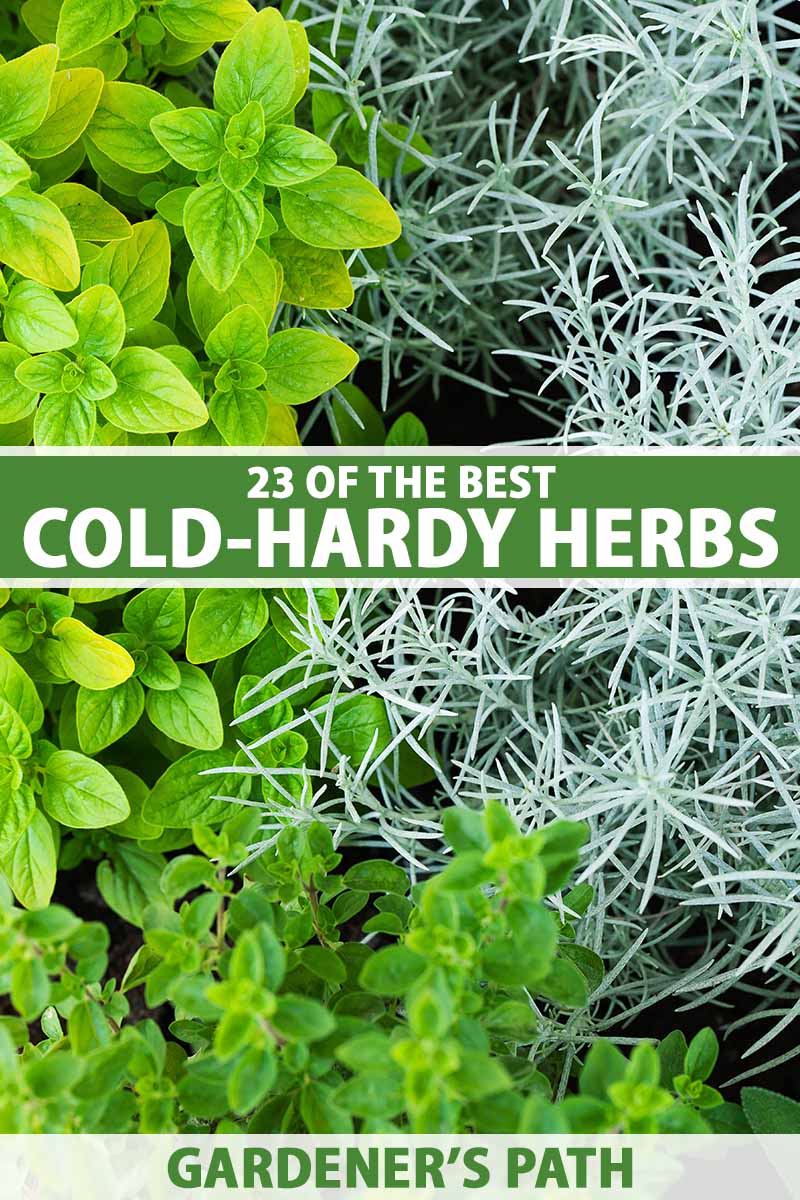 |
[TAG92]At Belovedsaffron.com, we combine our passion for spices, herbs and organic eating with a mission to deliver knowledge and flavors from around the.. |
 |
[TAG93]Welcome to Belovedsaffron.com, where we are passionate about spices, herbs, recipes and organic eating! Here you will find a wide range of spices,.. |
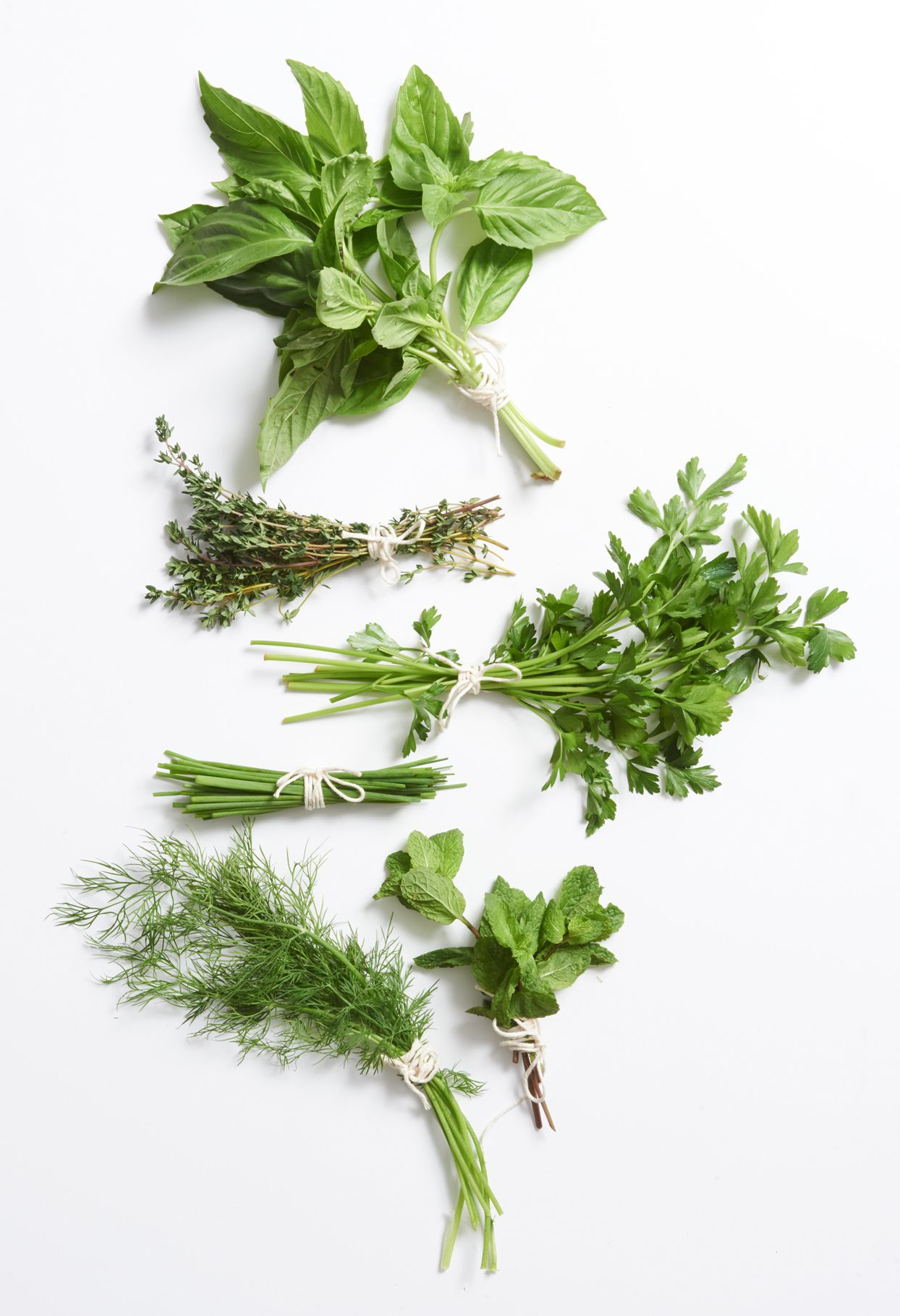 |
[TAG94]☘️Do you want to start to incorporate Chinese herbs in your cooking and diet? In this video, I, who is a Chinese Medicine Practitioner and Pharmacist, share |
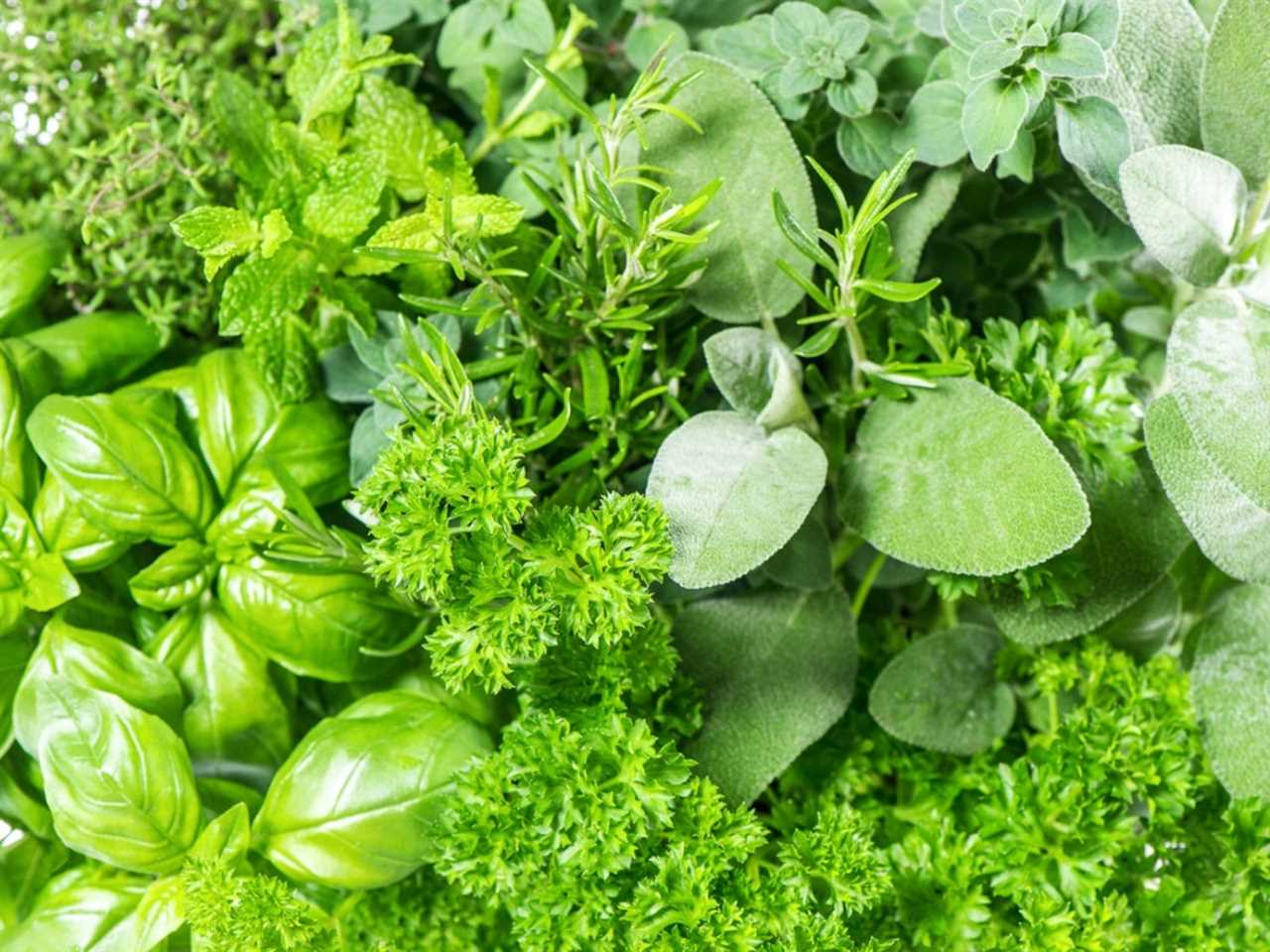 |
[TAG95]Like life, tea is what you make of it and The Cup of Life helps individuals enjoy tea in more than one way. Join me on my tea adventures through my blog! |
 |
[TAG96]Harvest jackfruit and bring it to the market to sell with your daughter. Processing and preserving precious medicinal herbs. Hope you guys enjoy the video. |
 |
[TAG97]In this video we will discuss a few herbs you can usr for brain health. These herbs can help woth Cognitive issues, depression, dementia, Alzheimer's, |
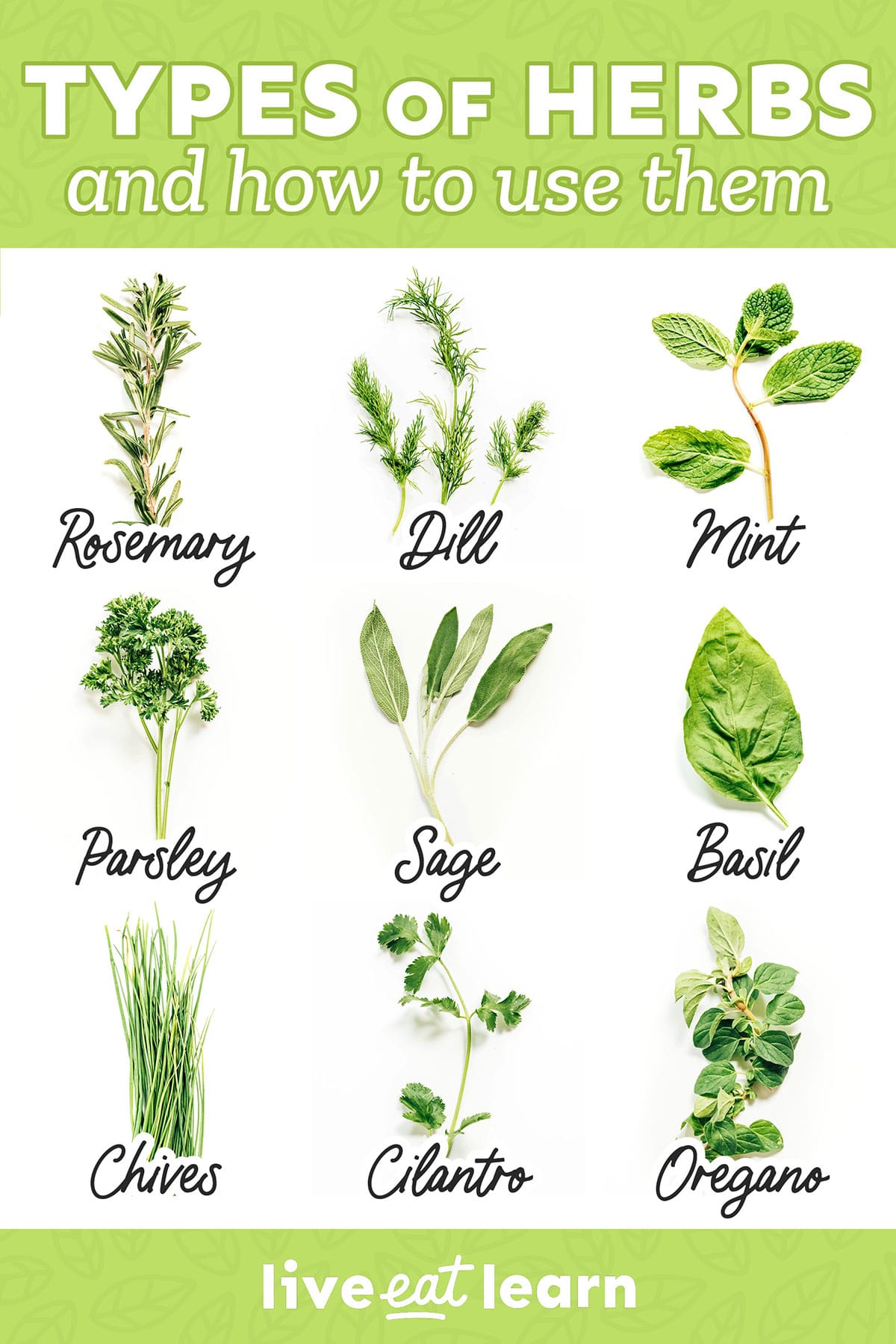 |
[TAG98]Stop buying over the counter Neosporin and start making your own safe, natural and soothing antibiotic ointment at home using ingredients you can source from |
 |
[TAG99]Lack of sleep can leave you with no energy, irritated, lethargic, and moody. Whether you struggle with falling asleep, waking ... Read more |
 |
[TAG100]I'll show you a compact, easy-to-travel-with natural first aid kit; a wonderful way to be prepared for everyday health concerns when you’re away from home! |
 |
[TAG101]Are you considering weight loss but would like to take a natural approach? Deciding to lose weight can seem daunting ... Read more |
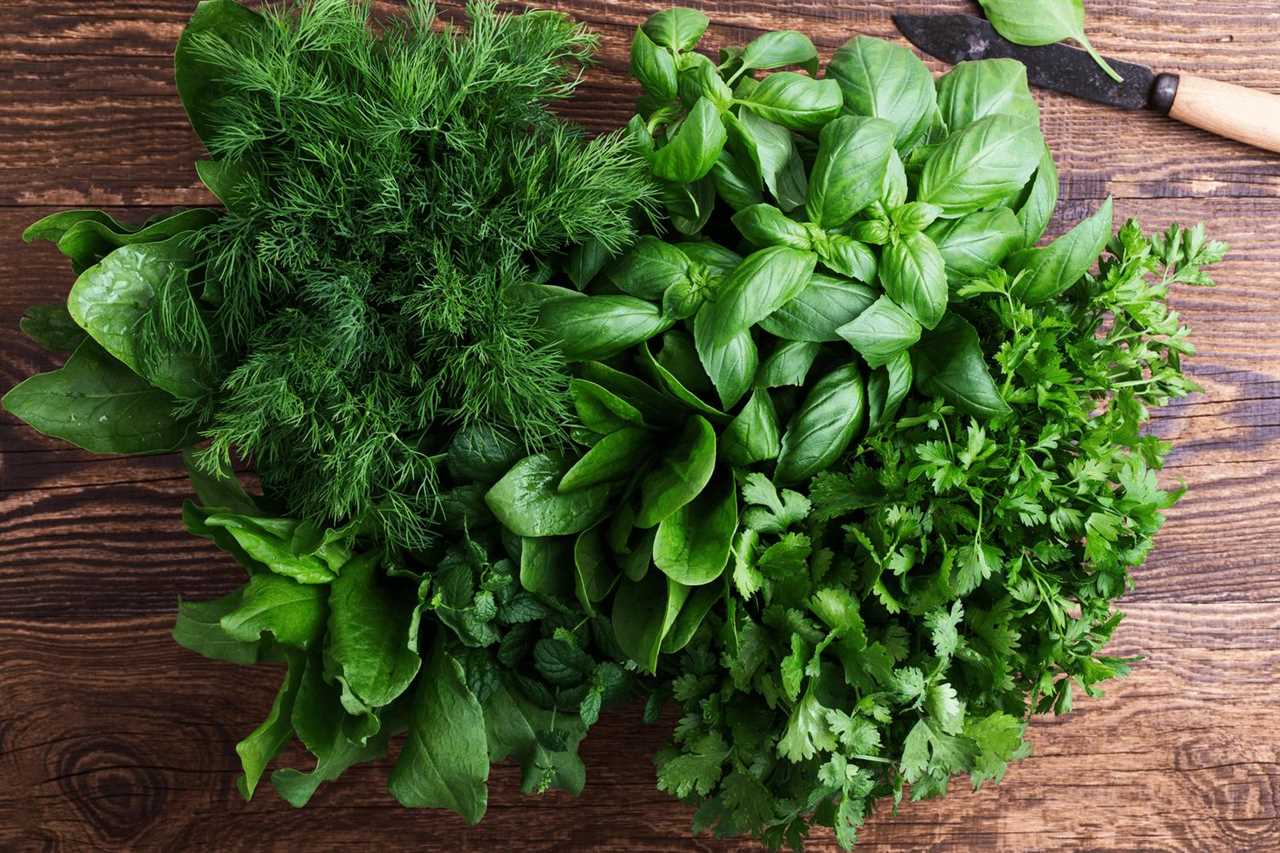 |
[TAG102]Arrowleaf balsamroot (Balsamorhiza sagittata) is a stunning flower, a nutritious food, and a potent herbal medicine that grows all over western North America. |
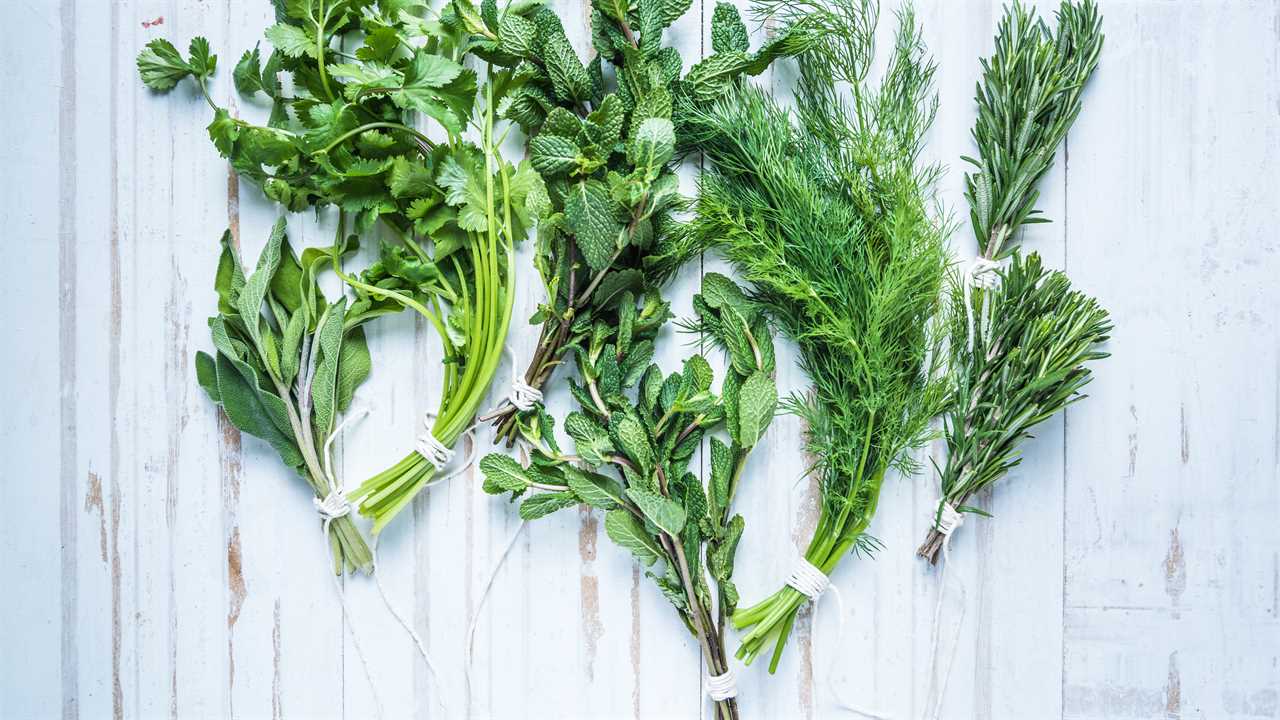 |
[TAG103]Join me and Chanchal Cabrera—an herbalist with 35 years of clinical practice in holistic oncology—as we talk about empowering yourself when faced with cancer |
 |
[TAG104]Join me and Chinese medicine practitioner Toby Daly to get to know the benefits of red sage, otherwise known as dan shen (Salvia miltiorrhiza) |
 |
[TAG105]Cistanche is a medicinal herb traditionally used to enhance immunity, boost fertility and sexual wellness, and support brain function and ... Read more |
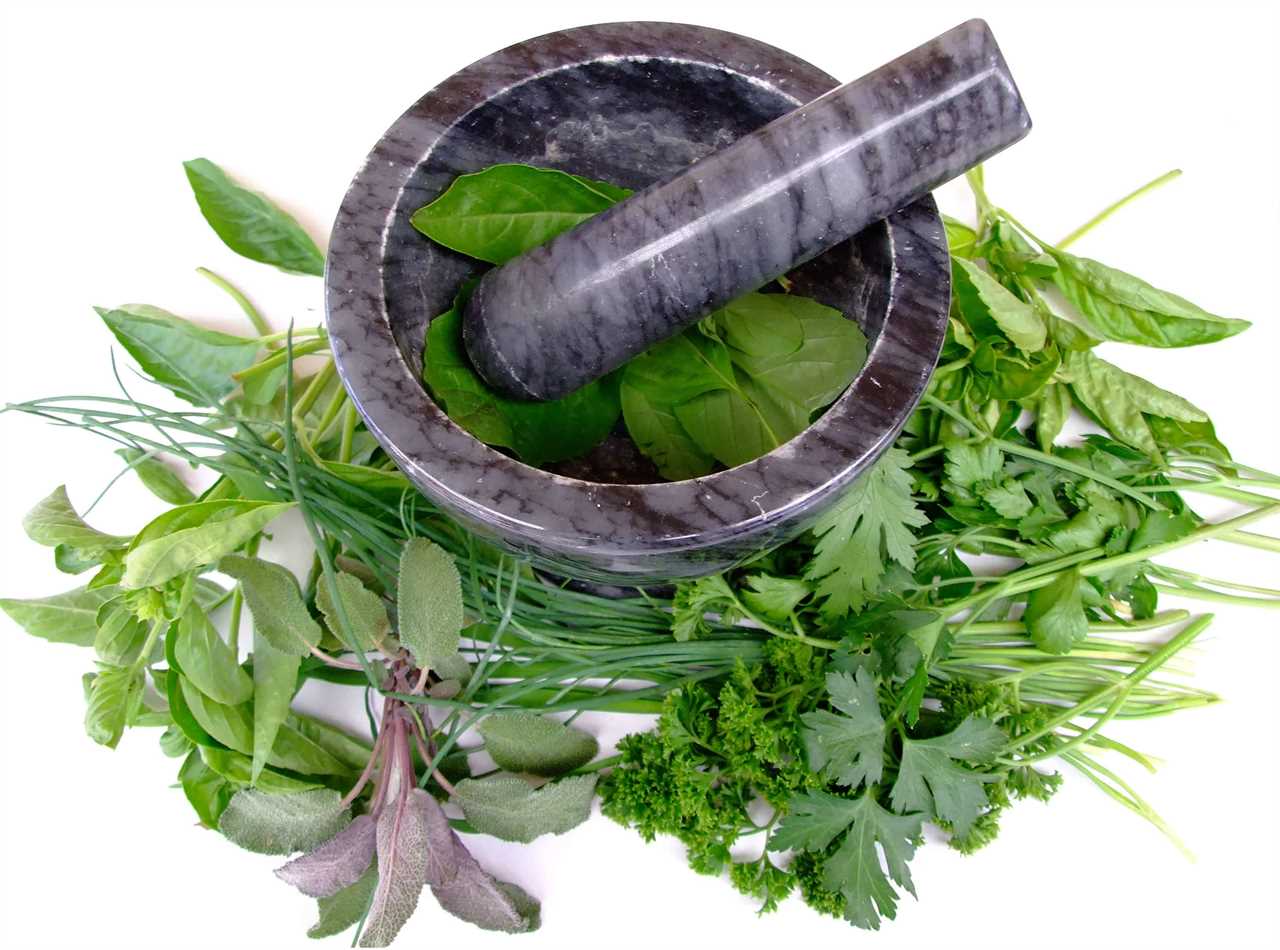 |
[TAG106]A tea assessment platform that rates teas based on objective quality markers and a sensory evaluation resulting in a list of the best teas produced each year. |
Did you miss our previous article...
https://belovedsaffron.com/herbs/the-versatility-of-basil-from-pesto-to-cocktails
.png)





